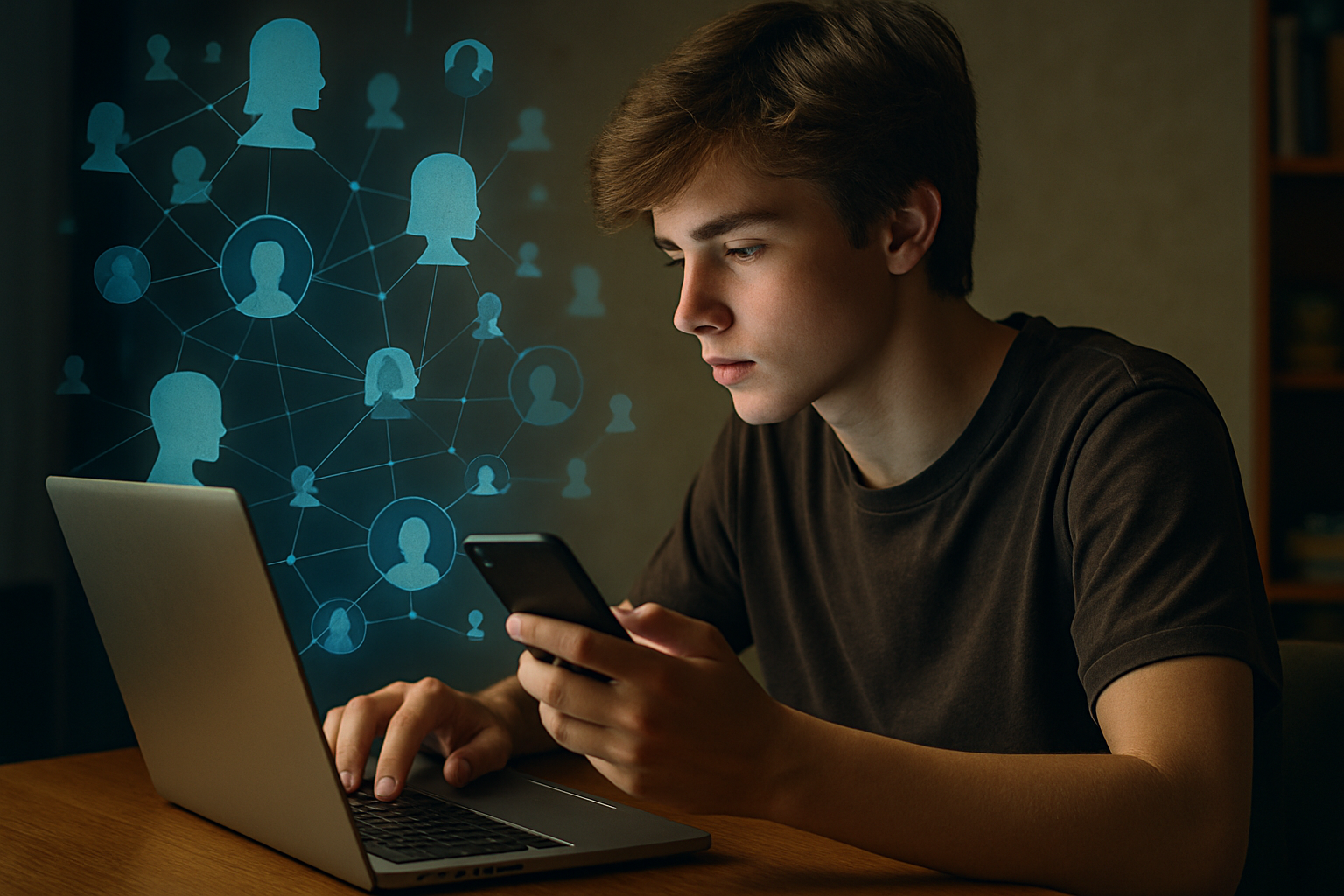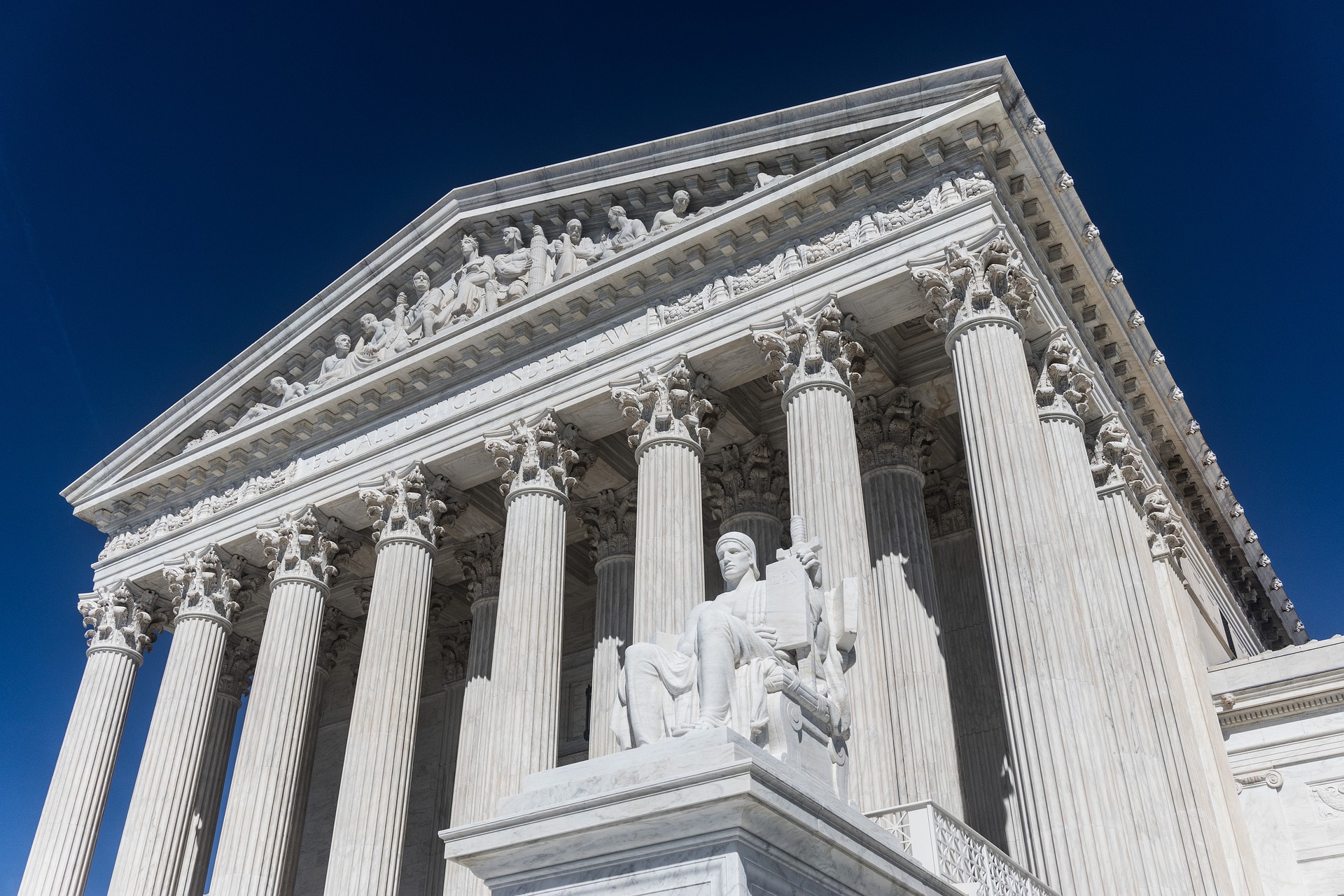Social Media Influencers as Modern Folklorists
In the digital age, a new breed of storytellers has emerged, weaving tales not around campfires, but through screens and social feeds. Social media influencers, once dismissed as mere product promoters, are evolving into modern-day folklorists, capturing and shaping the cultural narratives of our time. This shift represents a fascinating intersection of technology, culture, and human connection, redefining how we share and consume stories in the 21st century.

Influencers, armed with smartphones and an understanding of algorithms, have tapped into this age-old human need for stories. They craft narratives that resonate with millions, blending personal experiences with broader cultural themes. This democratization of storytelling has allowed diverse voices to emerge, challenging traditional gatekeepers of cultural narratives.
Authenticity and Relatability: The Currency of Modern Folklore
At the heart of an influencer’s appeal is their perceived authenticity. Unlike traditional celebrities, influencers often present themselves as everyday individuals, sharing unfiltered glimpses of their lives. This relatability forms the foundation of their storytelling power, allowing audiences to see themselves reflected in the narratives being shared.
The stories told by influencers often revolve around universal themes – love, struggle, triumph, and identity – but are presented through the lens of personal experience. This blend of the personal and universal echoes the function of traditional folklore, which used relatable characters and situations to convey broader cultural values and lessons.
Cultural Documentation in Real-Time
Influencers serve as real-time chroniclers of cultural shifts and societal changes. Their content, whether it’s a vlog about daily life or a tweet about current events, collectively forms a vast, dynamic archive of contemporary culture. Future historians and sociologists may well turn to influencer content to understand the nuances of early 21st-century life, much as we now study folk tales and oral histories to understand past societies.
This documentation extends beyond mere observation. Influencers often shape cultural trends, introducing new ideas, language, and behaviors to their followers. The rapid spread of these cultural elements through social networks mirrors the way traditional folklore evolved and spread through communities.
The Global Village and Cultural Cross-Pollination
Social media has created a global village where cultural exchange happens at unprecedented speeds. Influencers from different parts of the world share their unique cultural perspectives, exposing audiences to diverse ways of life. This cross-pollination of ideas and practices leads to the emergence of new, hybrid cultural forms.
For instance, a fashion trend started by an influencer in Seoul can quickly be adopted and adapted by followers in São Paulo or Sydney. This rapid exchange and transformation of cultural elements bears a striking resemblance to how folklore traditionally evolved as it spread across regions, taking on local flavors while maintaining core themes.
The Dark Side: Misinformation and Cultural Appropriation
While influencers can be powerful agents of cultural preservation and exchange, their role is not without controversy. The spread of misinformation through influencer networks has become a significant concern. Just as traditional folklore sometimes perpetuated myths and superstitions, modern digital storytellers can inadvertently or deliberately spread false information.
Cultural appropriation is another contentious issue. As influencers adopt and showcase elements from cultures not their own, questions arise about authenticity, respect, and the potential for harmful stereotyping. This mirrors historical debates about the collection and retelling of folk tales by outsiders.
Redefining Community in the Digital Age
Traditional folklore played a crucial role in community building, providing shared narratives that bound people together. Influencers are recreating this function in the digital realm, fostering online communities around shared interests, values, and experiences. These digital tribes often transcend geographical boundaries, creating new forms of cultural identity.
The parasocial relationships that develop between influencers and their followers can provide a sense of belonging and connection in an increasingly fragmented world. While these relationships are often one-sided, they fulfill a deep human need for connection and shared experience.
The Future of Digital Folklore
As technology continues to evolve, so too will the role of influencers as modern folklorists. The rise of virtual and augmented reality platforms may lead to even more immersive storytelling experiences, blurring the lines between digital and physical realities. Artificial intelligence could play a role in creating and disseminating narratives, raising questions about authenticity and the nature of storytelling itself.
Despite these technological advancements, the core function of storytelling – to make sense of our world and our place in it – remains unchanged. Influencers, as the new keepers of our collective narratives, will continue to shape how we understand ourselves and our culture in the digital age.





